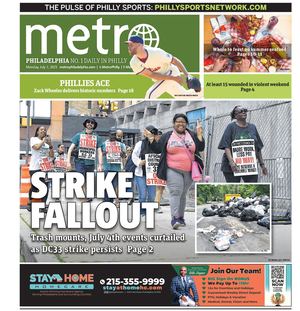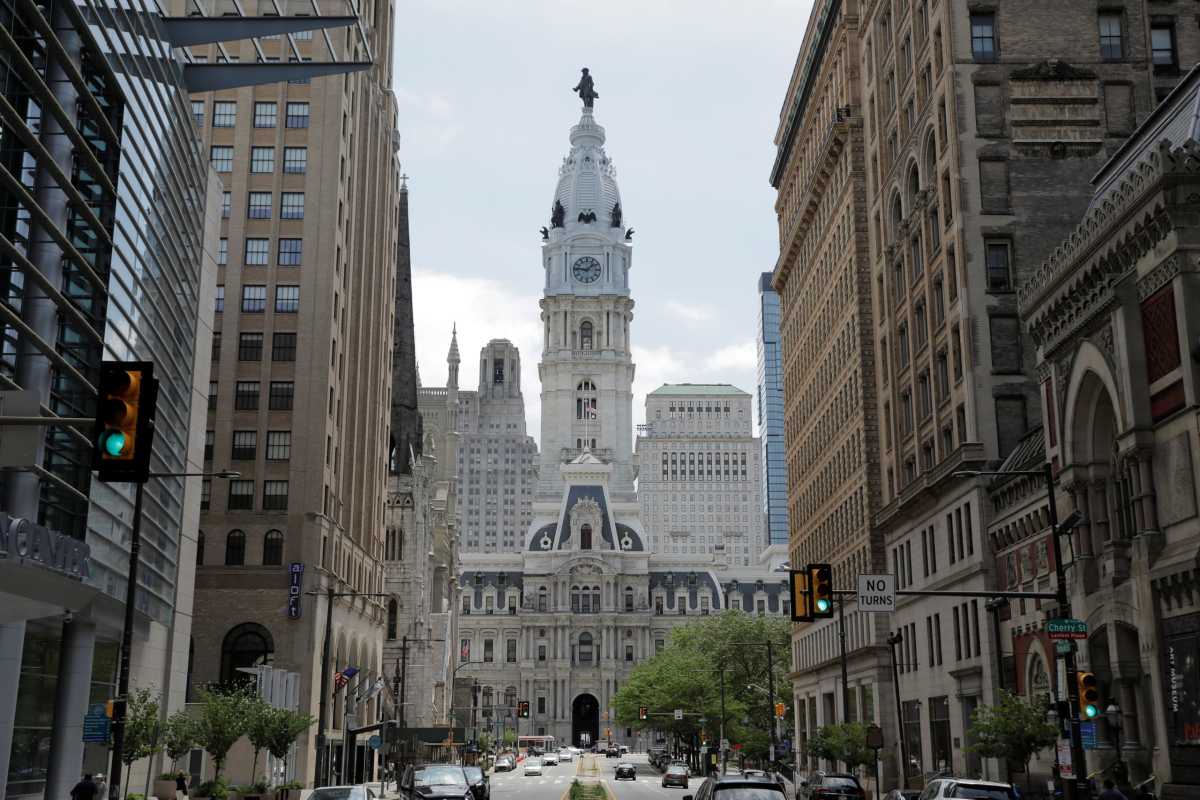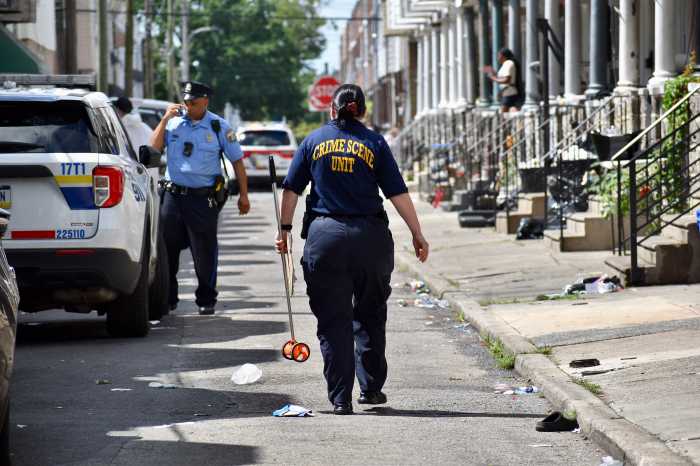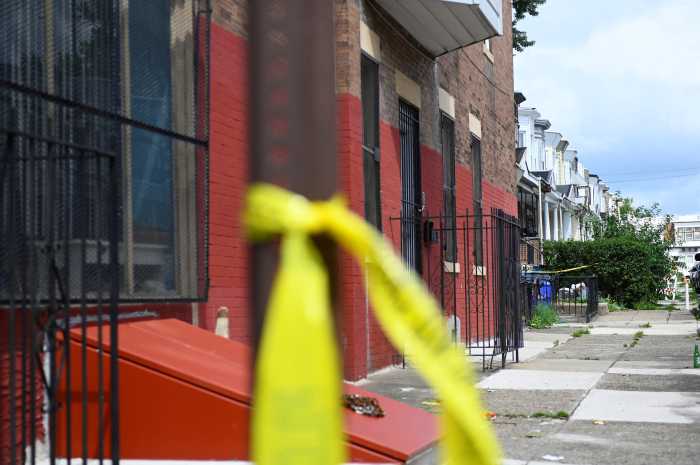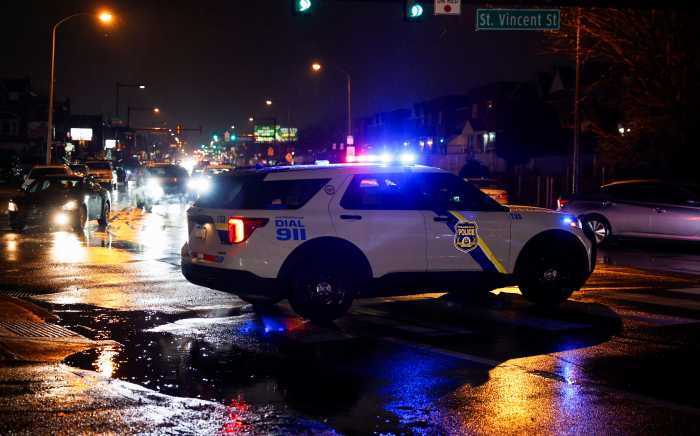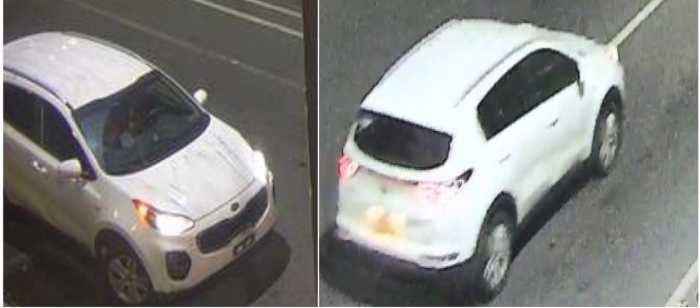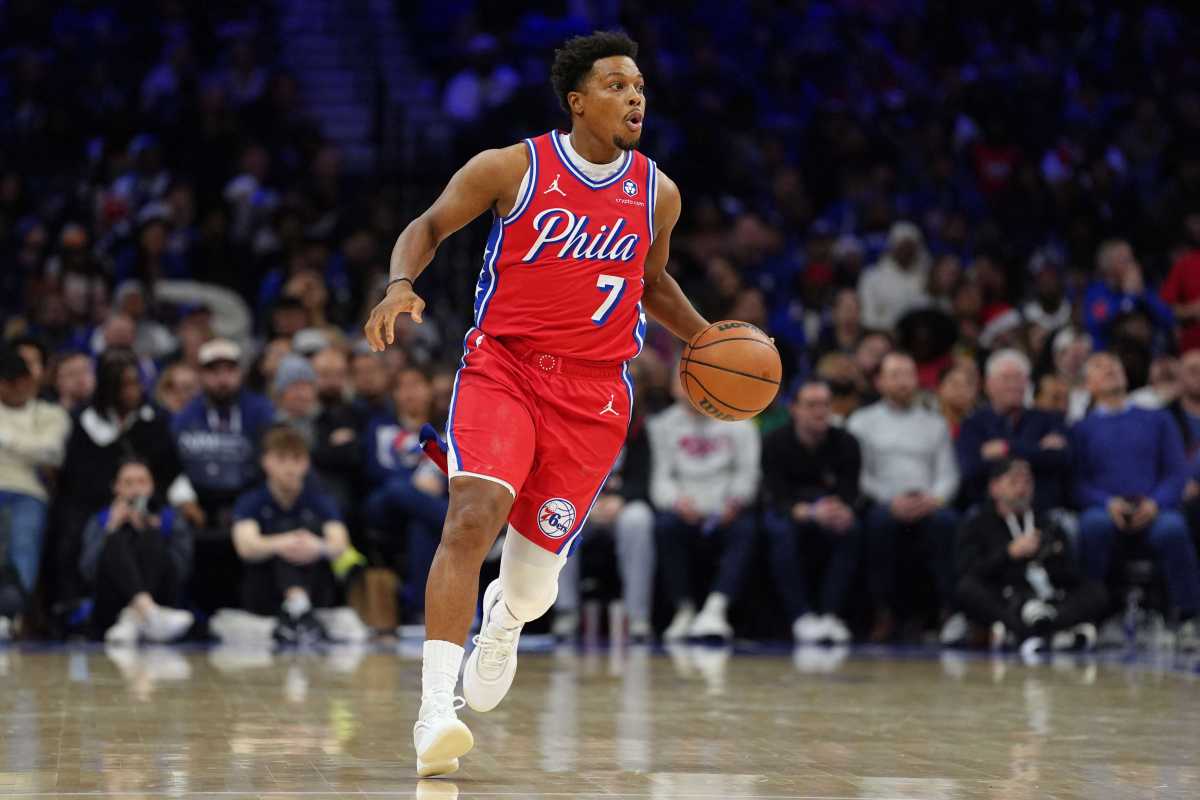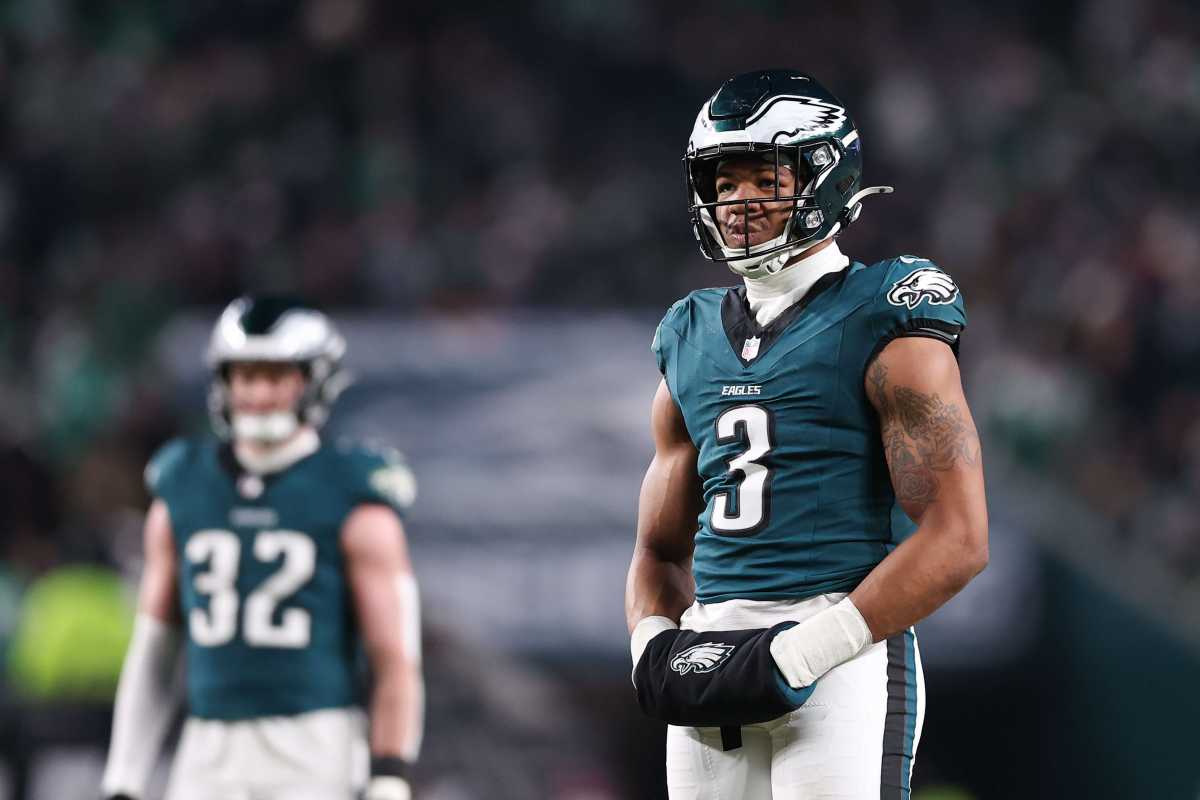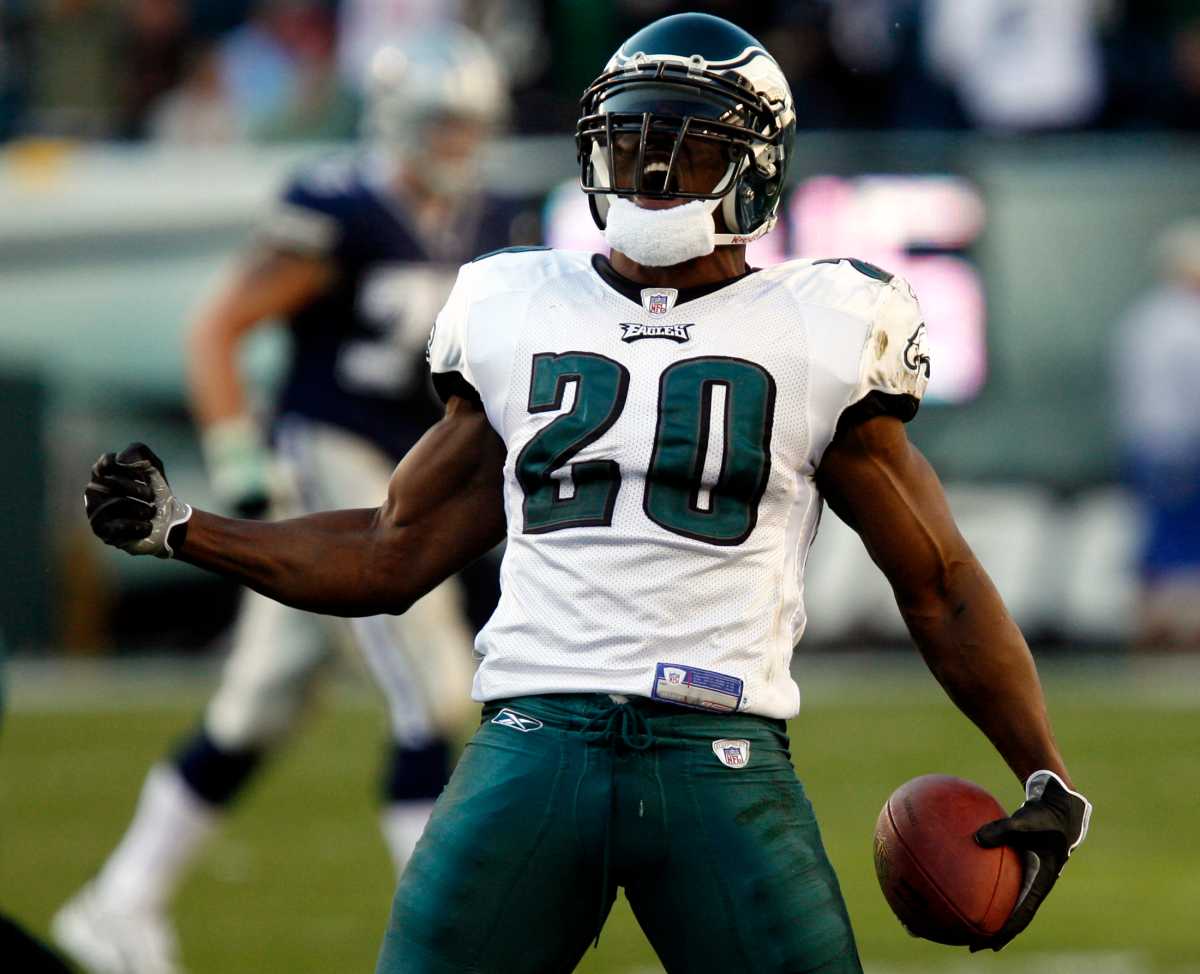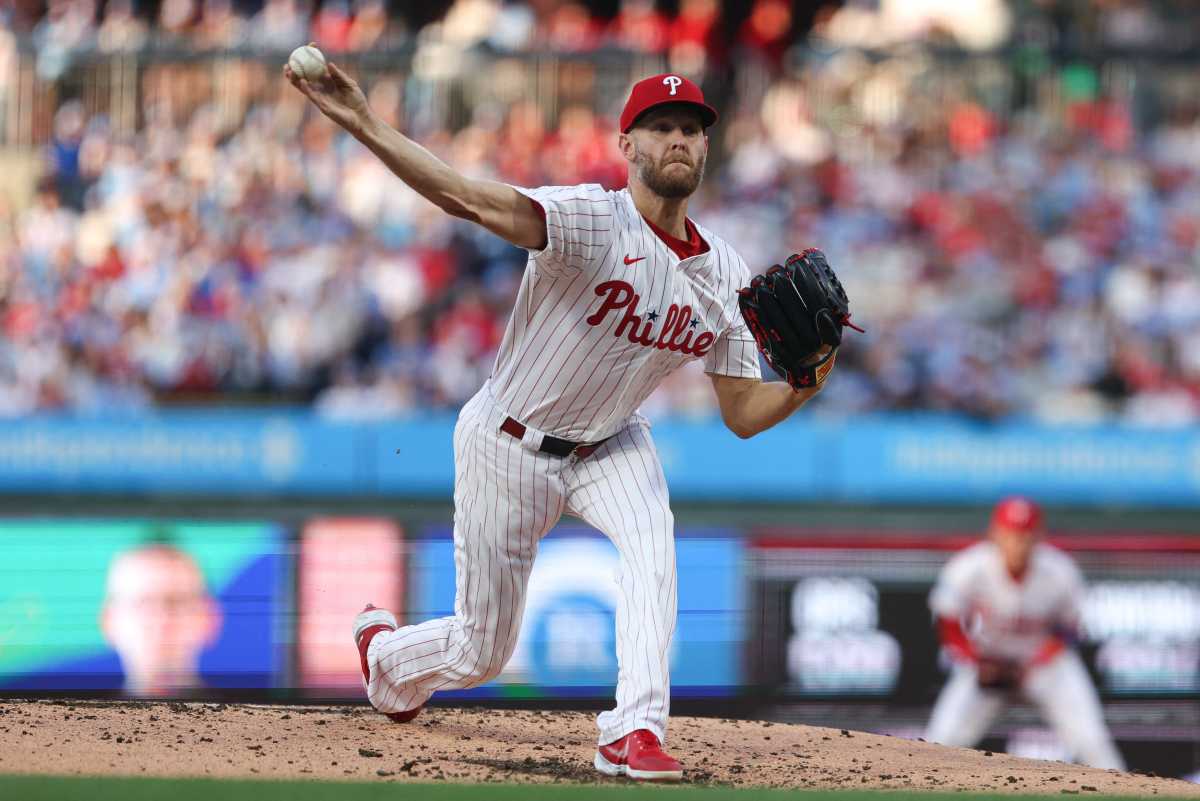Stanley Crawford, founder and CEO of the Black Male Community Council of Philadelphia, speaks with a mixture of anger, pain, and love about his now-deceased son William — a 35-year-old father of five killed in the city’s Rhawnhurst section over three years ago.
At the time of William’s death, Philadelphia homicides were at a 10-year high, hovering around 350, and gun violence reached extraordinary levels as city officials and community groups made desperate pleas for a cease-fire. But when the television cameras left and the media coverage ended, Crawford’s family, like many close-knit clans that span generations, had little to help them deal with the guilt and trauma that comes from being a survivor.
Three years and over 1,700 murders later in the city, Crawford channels his love for his son and the pain caused by William’s death into action and anger. The Black Male Community Council brings together a multigenerational group of African American men with a diverse array of experiences to uplift neighborhoods, creating safe and secure communities for women, children, and elders. But, according to Crawford, city officials, from politicians to the police department, need to step up. They should be ashamed and embarrassed for their institutional failures as homicides in Philadelphia crest above 500.
And when it comes to Philadelphia city officials and their lack of action, Crawford isn’t afraid to let his anger show.
“I’m very angry that those who we are paying to protect and serve our communities [are] not doing it,” Crawford said. “And they won’t stop this inner-bickering and this inner-fingerpointing and the non-productiveness to come together and say we’re going to implement it.
“If these brothers stop killing each other for one day and kill as many white folks as they killing each other, by the eighth day they’re going to have a solution.”

With one month left until the new year and Philadelphia homicide numbers breaking 30-year highs, politicians and city officials continue to blame City Hall, the District Attorney’s Office, Harrisburg, the police department, and, when no one is left, each other. African American leaders despair at a lack of resources that have children in Black communities and their parents fearful of leaving the house — deteriorating recreation centers, a mismanaged school system, and law enforcement officers that create fear, not trust, to name a few. The quick response to the recent murder of a white Temple University student in a city that struggles to solve 50% of its homicides in any given year wasn’t lost on Philadelphia’s Black residents.
Still, many community organizers and victims’ rights advocates support DA Larry Krasner as he readies his team for a second four-year term in 2022. The most affected neighborhoods neither blame him for the city’s wave of violence nor look to push back on his more progressive tendencies. But for many, the conversation needs to tilt toward solutions — with some, like Stanley Crawford, proposing ideas more drastic than others.
“I am one of the people, and I don’t care who likes it and who doesn’t like it, I’m advocating that the National Guard come in and give us some help,” Crawford said. “I’m advocating for a curfew, even if you do it specifically in these hot spots where you know that these shootings — not if they’re going to happen, when they’re going to happen.”

Rev. Robert Collier, Pastor of Galilee Baptist Church in Roxborough and the recently re-elected president of Black Clergy of Philadelphia and Vicinity, said that children living with violence feel a sense of hopelessness. The Reverend, who noted that young people are so traumatized as to be desensitized to the violence around them, explained that children need positive activities to occupy their time and bolster their mental health. According to him, stakeholders need to work together and break out of their silos to bring a sense of hope back to the city’s youth.
Adults have a responsibility to show the next generation how to turn negative feelings into something positive. One of the most important solutions that are not on the table is a simple one — letting children know they are cared for and loved.
“We’re asking every church to adopt a recreation center in their community and make sure that recreation center is staffed, make sure it has the funds to do the things that it needs to do,” Rev. Collier said. “Young people need to be able to burn off energy and these recreation centers can be a haven for that. And now that they have sports activities, we can do mentoring, we can teach them, we can do some mental health things. We can do a lot of things through these rec centers.”
Trauma is the baseline that runs through Philadelphia’s gun violence issues and the thing too often ignored by city officials desperate for a solution. Ronald Crawford, an African American mental health therapist based out of North Philadelphia, feels that conversations inclusive of behavioral health solutions miss the point — according to him, therapy should be the primary driver in solving gun violence. Helpers, those who perform mental health and social work services, need to be at the forefront of the violence question, offering people emotional stability before jobs, housing, education, and other similar things.
Crawford speaks from experience, having performed free mental health services to those in need throughout Philadelphia’s African American communities. He pioneered and refined what he calls Hip-Hop Psycho Ed, a form of therapy that incorporates hip-hop music as a way to connect with people through shared realities. A prolific writer, Crawford describes his methods in the book “What’s Free? It Ain’t Being Booked or On Paper,” and has a new tome in the works titled “Making Counseling Cool For Communities of Color.”
As homicides reach record levels and officials from City Hall to the police department point fingers, community leaders continue to press for solutions. But the lack of such remains shadowed, caught between deeper conversations in which most in the city refuse to engage.
“I don’t think violence as it is can be stopped unless you address systemic racism [and] white supremacy,” Ronald Crawford said. “Violence and mass incarceration and the opioid epidemic are symptoms of those diseases and we don’t like those symptoms. So we want the symptoms to go away. The symptoms are never going to go away unless you get the cancer.
“The cancer is systemic racism and all of those things that make people feel hopeless,” he continued. “Violence is just a reaction to people feeling hopeless.”
